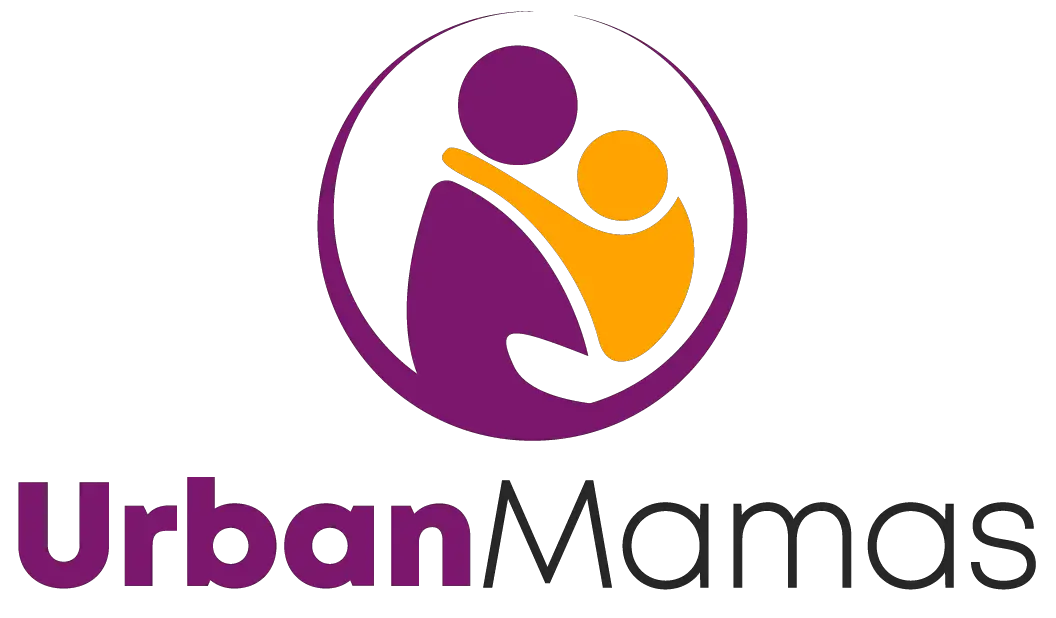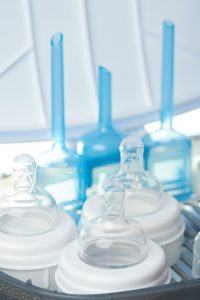Table of Contents
Overview
Keeping every baby bottle and other feeding items clean is very important. Newborns, babies, and even older kids still have an underdeveloped immune system. That means that you should keep everything they use, especially their baby bottles, squeaky clean. It is also equally important to keep their environment and things free from any germs and harmful chemicals. Essentially, this means that you should invest in a cleaning method, supplies, and safe care products.
The topmost concern when it comes to cleaning baby bottles is the soap that you will use. It is sad to say that there are soaps that are not entirely safe to be used on baby items, and we have to avoid them as much as we can. This post will be about washing baby bottles safely and identifying which soaps are safe to use. If you want to learn more, then read on.
Do you need a soap specific for baby bottles only?
It is highly recommended by experts and pediatricians that you use a safe and gentle baby dish soap when washing baby bottles and other feeding items. Remember that when handling or cleaning items to be used by your little ones, always opt for those soaps free from harsh chemicals and harmful ingredients. We would never want to take the risk since the smallest or trace amounts can be hazardous to your kids’ health and can harm them over time.
Sulfates, dyes, chemical fragrances, are just a few of the many harmful chemicals that we can find in other soaps, and we would not want them anywhere near the babies. Those chemicals are also unnecessary when it comes to keeping baby items clean and safe for use. However, you can find easy alternatives to be used as baby bottle soaps, such as organic brands and other brands that declare their products non-toxic. If you are not sure, always check with your pediatrician or health care professional on what brands and soaps are safe to use around your little ones.
What to avoid when using bottle or dish soaps
An effective and good baby bottle soap should be safe and gentle for your child, free from harmful chemicals and unnecessary ingredients. We want to remind you that you will not need a harsh or strong cleaning soap to work with your baby bottle. Baby bottles are generally easy to clean, and there’s not much to clean since they are only used by your babies and are not shared between different individuals. Thus, gentle soap is ultimately safe and good for your baby bottles and items.
Here are the main components or ingredients that you should avoid when looking for good quality and effective baby bottle soap:
Artificial fragrances and dyes
The artificial fragrances and dyes found on most regular dishwashing soaps are the most common irritants that can be very harmful to your kids. You may have noticed that many products just include “fragrance” in their ingredients without full disclosure. That is why it is good to avoid fragrances altogether unless stated that they are all-natural and safe for babies. The same goes with artificial coloring or dyes; they are also unnecessary and can be a harmful addition to your baby bottle-soap. Additionally, the soap you need for your babies and their supplies do not appear in a certain color. Numbered dyes are generally petrochemical-based and have a harmful effect on kids.
Antimicrobial agents
The baby bottles and other feeding items used by your babies will not typically need strong antiviral or antibacterial agents. The most common antibacterial agents, including benzalkonium chloride and triclosan, can usually cling to bottles even after thorough rinsing. Experts, including the FDA, discourages the use of antibacterial soaps since they can be harmful to babies. Furthermore, antibacterial soaps have also been linked to antibiotic-resistant bacteria and other negative effects. Babies exposed to high and unhealthy levels of antimicrobial chemicals are found to have a higher risk of developing allergies and other immune-related sensitivities. A gentle baby bottle of soap is enough for your kids and is generally safer.
SLS and SLES
Sodium Lauryl Sulfate and Sodium Laureth Sulfate are both surfactants that can be toxic and harmful for your little ones. SLS or Sodium Lauryl Sulfate is derived from coconuts and is highly toxic and is linked with organ system toxicity and skin irritation. Sodium Laureth Sulfate or SLES is a slightly gentle surfactant derived from SLS, but it is still toxic. SLES have also been associated with toxicity and skin irritation.
Parabens
Any component in your baby bottle soap ends in –paraben falls under the class of endocrine disrupting chemicals. Parabens are often used as a preservative, and they have been linked with toxicity and even cancer.
Methylisothiazolinone
Methylisothiazolinone and Methylchloroisothiazolinone are both chemical preservatives that are very damaging to the lungs and comes with a possibility of neurotoxicity. These preservatives are also associated with allergies.
All other ingredients can be harmful to your babies; that is why it is imperative that you look for soaps that are guaranteed to be safe for babies. Or better yet, choose dishwashing soaps that are specifically made for baby bottles and other feeding items.
Washing baby bottles
As mentioned above, babies and kids still have young and immature immune systems, which means they are not strong enough to fight certain infections. A good way to support them and help them avoid infections is to keep their things clean. Having clean baby bottles, feeding items, and the environment is a good way to keep them from getting sick.
You can always handwash your baby bottles or throw them in the dishwasher but whichever method you use, always remember to sterilize them once or twice a week. Additionally, before handling baby bottles and other feeding items, make sure that your hands are clean and sanitized.
Final thoughts
The safest way to wash and clean your baby bottles is to start with clean hands and always using a non-toxic and safe baby bottle soap. Aside from finding a high-quality and safe soap, also make sure that your water is safe, find the right baby bottle brushes, get a designated drying rack, and most importantly, always wash your baby bottles immediately after use.

